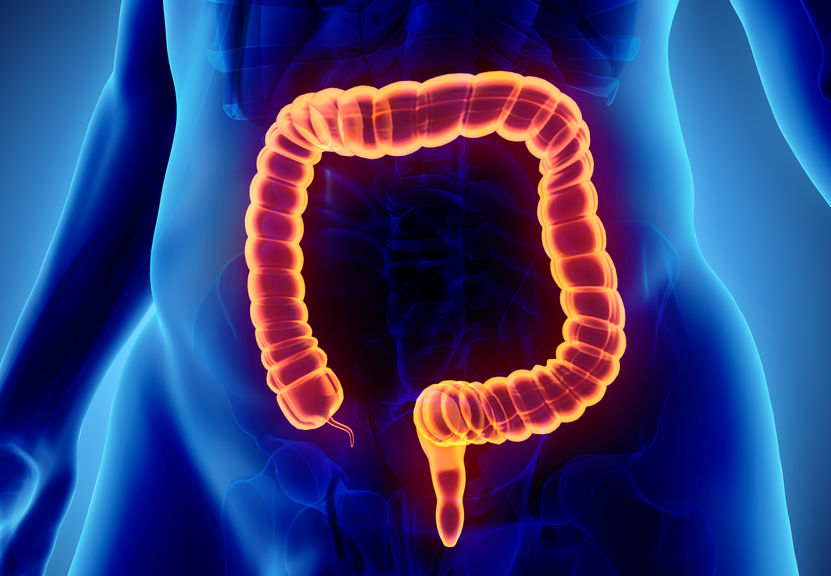-
Guidelines »
- Standard procedure for colorectal cancer prevention via population-based screening in population with higher risk of colorectal cancer
- Standard procedure for colorectal cancer prevention via population-based screening – 2nd review
- Standard procedure for colorectal cancer prevention via population-based screening – 1st review
- Standard procedure for colorectal cancer prevention via population-based screening
- Methodology of targeted invitation for colorectal cancer screening by health insurance companies
- Screening evaluation indicators
- Methodological instructions for reporting procedures and diagnoses (codes) for healthcare providers
- Invitation letter
- Invitation letter – infographic
- EU Guidelines
- Annex No. 2 of Act No. 577/2004 Coll. DESCRIPTION OF ROUTINE CHECK-UPS
Colorectal cancer (CRC) is one of society-wide serious diseases with high incidence and mortality. According to the latest data by Globocan from 2018, incidence of CRC for both sexes was the third highest after lung cancer and breast cancer and mortality was the second highest after lung cancer. According to the latest data from the National Oncology Register, there were 3,804 new cases of CRC in Slovakia in 2011, the second highest number for men and the third for women. Fecal occult blood test (FOBT) is a generally recommended examination within population-wide programs for populations at normal risk of CRC, combined with colonoscopy for patients aged 45 – 50 in case of a “positive” result of the test. In most cases, it is recommended to perform FOBT once a year or once in two years. An alternative solution is to undergo a so-called primary screening colonoscopy. If the result is negative, it is recommended to repeat it again in 10 years. This procedure can effectively detect CRC in early stages and so-called pre-cancerous lesions, whose removal prevents CRC from developing at all. For people at high risk of CRC, primary screening colonoscopy is recommended and the examination is indicated at a lower age than for the population at normal risk.
The first phase of CRC screening took place in Slovakia from January to October 2019 with a sample of 20,000 people selected and invited by their health insurance companies according to a precise set of criteria. A second phase of CRC screening is currently in preparation, again by invitation by health insurance companies for population aged from 50 to 75 according to a precise set of inclusion and exclusion criteria. After the test is done, the insured person hands it over to their GP who evaluates it. If the result is positive, the patient is referred to colonoscopy examination at certified screening colonoscopy facilities.

